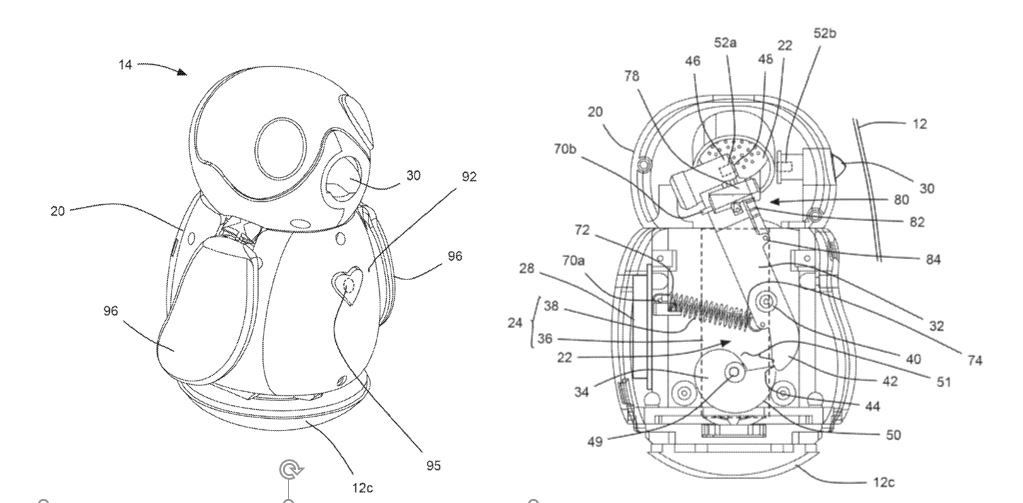WHAT IS REQUIRED TO FILE A PROVISONAL PATENT?

A Provisional Patent application lets you file with the USPTO without a formal patent claim, oath or declaration, or any information disclosure statement, like prior art. Provisional patents are not examined or published by the USPTO. It is a lower-cost, first patent filing in the US which provides the means to establish an early applicable filing date in a later filed nonprovisional patent application. You are officially "Patent Pending" upon the filing of a provisional patent! The provisional patent application will also allow you to apply the term “Patent Pending” when describing or disclosing the invention to any prospective licensee.
What Goes Into a Provisional Patent?
A strong benefit to a provisional patent is that it provides a way to file with the U.S. Patent Office that is easier than a nonprovisional patent, along with a lower initial investment allowing you 12 months to evaluate the invention's commercial potential before committing to the higher cost of filing and prosecuting a nonprovisional patent application. Before the end of that 12 months a nonprovisional patent application must be filed in order to benefit from the earlier filing date of the provisional application. If a nonprovisional application is not filed within those 12 months, but within 14 months, such late filing may be allowed by filing a grantable petition to restore the benefit.
Four elements are required for a Provisional Patent application filing:
- A written description of the invention;
- Any necessary drawings;
- Best mode for carrying out the invention; and
- The USPTO filing fee.
What is the Written Description Requirement for a Patent?
The written description describes the technology that the inventor is seeking to patent, and serves both to i) satisfy the inventor's obligation to disclose the invention know-how upon which the patent is based; and ii) demonstrate that the patentee was in possession of the invention claimed. It is recommended that the written description be written in simple and straight forward language which will allow anyone skilled in the art to understand and reproduce the invention.
The written description must include following:
- The title of invention;
- Purpose of invention;
- Description of drawings;
- Components or steps of the invention;
- How they interact or how steps are carried out;
- How the invention works; and
- May include, but not required:
- Advantages of the invention; and
- Alternative ways for the invention to achieve the same results.
Provionsal Patents Must Include Any Necessary Drawings.
Necessary drawings are essential to help others understand your invention and for purposes of clarity. Drawings are often necessary to support the written description and the adequate disclosure required therein.
The Patent Office recommends six optional formats for illustrations:
- Any view of the invention (top, side, disassembled, exploded, or perspective);
- Labeling numbers (sheet, figure, reference);
- Schematics or flowcharts;
- Dash lines or straight lines;
- Black and white or color photos; and
- Computer-generated or handmade drawings.
When applying for a utility patent, these drawings are especially important. An Examining Attorney will review drawings from both the nonprovisional application and the provisional application and compare them to ensure they are similar and about the same invention.
Provisional Patent and Best Mode
All patents, provisional or utility, are required to state the inventions "best mode" for implementing the invention. Essentially, the best mode requirement is a safeguard against the desire of some people to obtain patent protection without making the full disclosure.
Determining if the best mode requirement is satisfied is typically done by asking and answering the following questions:
- At the time of the filing of the provisional application, did the inventor posses a “best mode” for practicing the invention. While subjective, it focuses on the inventor’s state of mind during the filing.
- Does the written description of the “best mode” explain, with enough detail, that a person skilled in the art practice it? This requirement is objective because it focuses on the scope of the invention and the level of skill in the art.
Important Things to Remember about a Provisional Patent
- The benefits of the provisional application cannot be claimed if the 12-month deadline for filing a nonprovisional application has expired;
- A provisional application cannot become a US patent unless the nonprovisional application for the patent is filed that claims the benefit of the filed provisional application or there is a grantable petition filed to convert the provisional application to a nonprovisional application.;
- Design patents cannot apply for provisional patents; and
- Each inventor must be named and must have contributed to the invention.


Have an idea for a blog? Click and request a blog and we will let you know when we post it!












